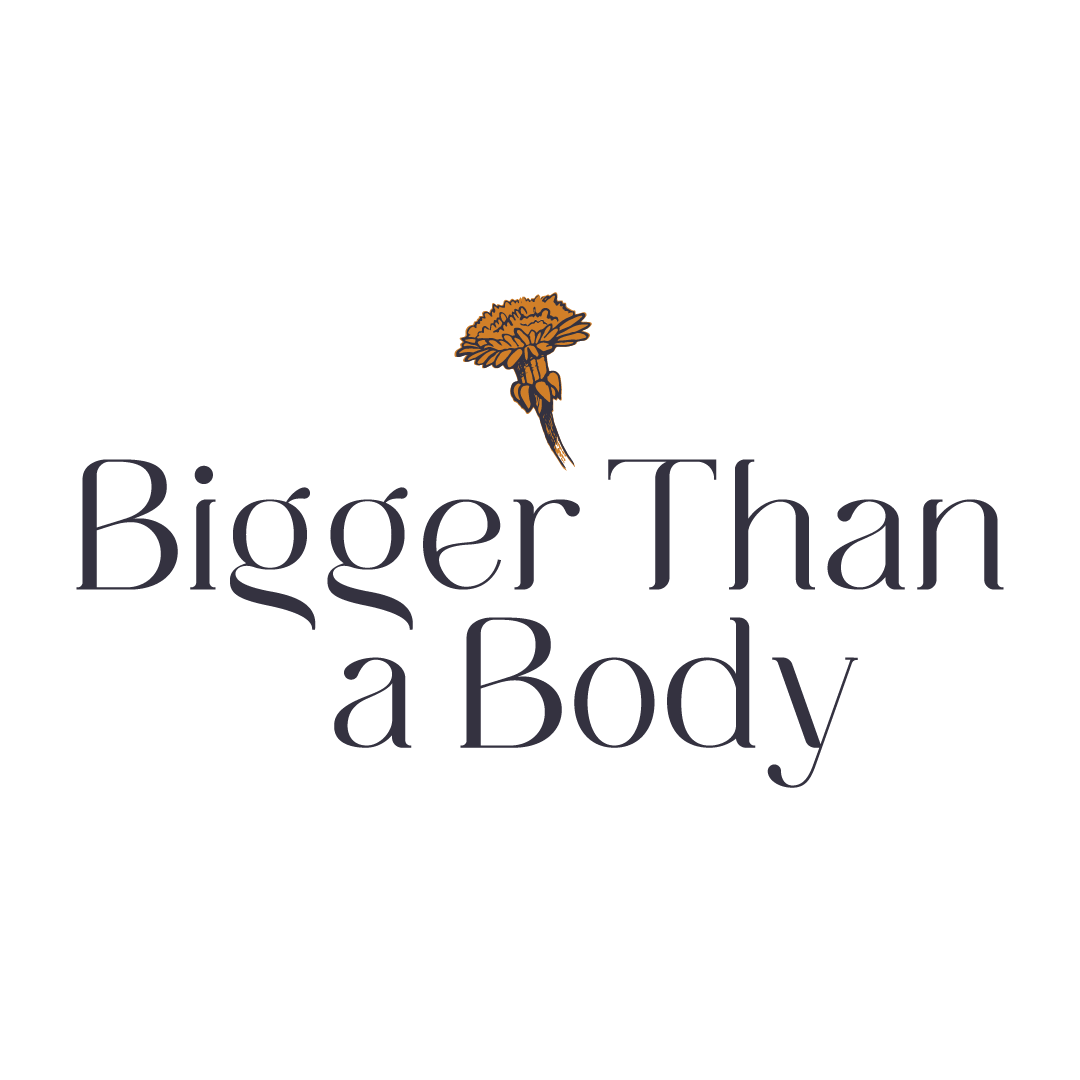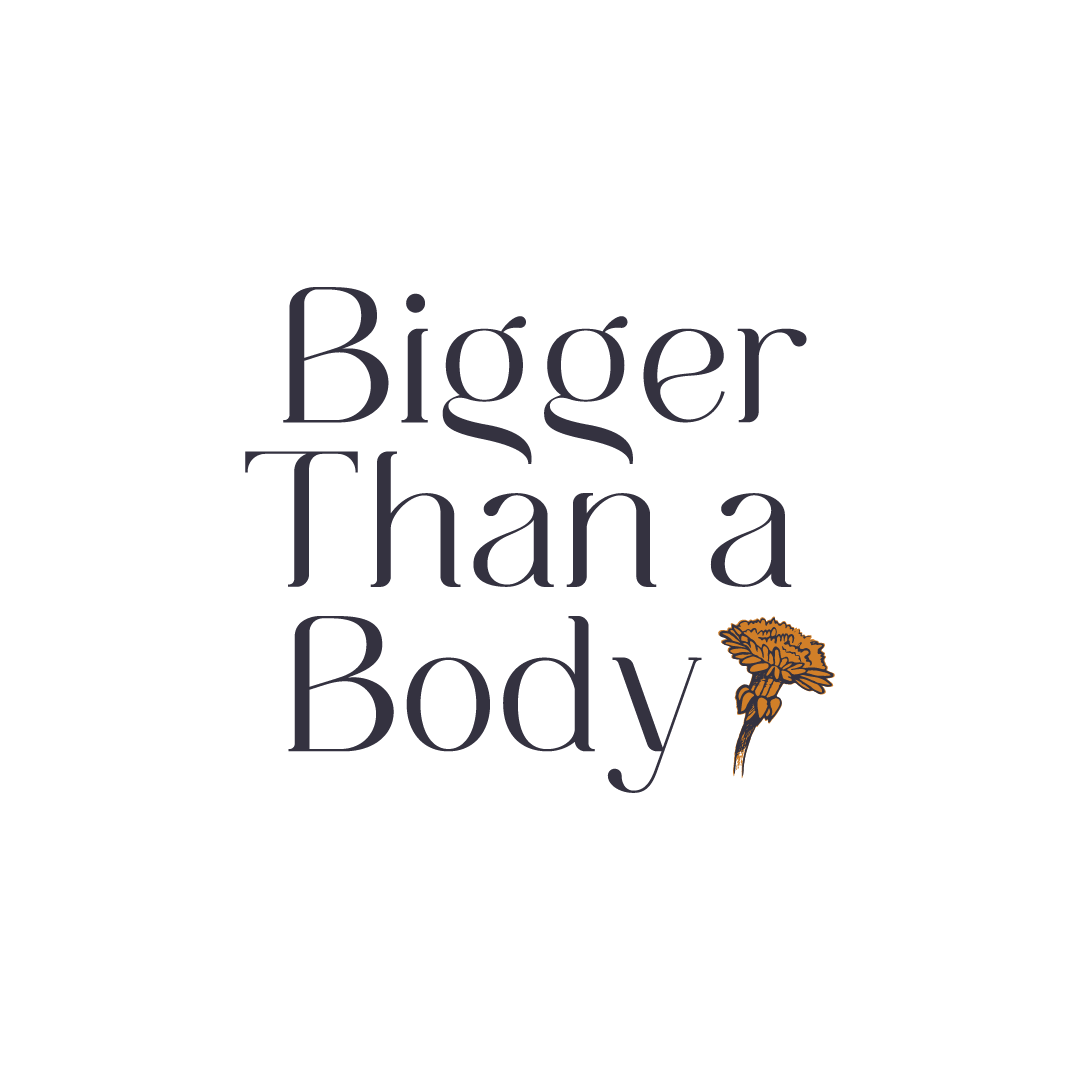Five Reasons I’m Grateful I Had an Eating Disorder
The silver linings of hitting rock bottom with mental illness
Photo of the author in her happy, recovered life.
“Sometimes it takes being left seemingly with nothing to realize that you are everything. To see that you held the key to your own happiness and self-worth and belonging and wholeness all along.” — Mandy Hale
Never — ever — would I wish an eating disorder upon anyone.
In a life with an eating disorder, you’re not just consumed by food thoughts, body hate, and destructive behaviors. You’re also in deep, unrelenting pain. Your days are replete with lies, deception, self-reproach, harrowing anxiety, and crippling depression.
Without some form of intervention within the first year of developing symptoms, the odds of you enduring life with or dying from an eating disorder goes up exponentially. In fact, the mortality rate for eating disorders is among the highest of any mental illness. Either the body shuts down from chronic neglect and abuse, or the victim resorts to suicide.
But as sick and depressed as I was, I decided I didn’t want to be the goad of my own demise.
It took me several years to claw myself out from rock bottom. The setbacks. The relapses. The self-limiting beliefs. They all made the road to recovery more arduous than I’d ever imagined.
And for that, I’m eternally grateful.
Because true transformation doesn’t happen with comfort or ease. It takes trusting a new voice and scaring yourself shitless. The silver lining if you stick with it? Well, there’s not just one. There are so very many.
1. Food Freedom
In a world rife with diet and weight loss programs, it’s any wonder the majority of the Western population will experience some form of disordered eating in their lifetime.
But going through recovery, I had to unlearn all that has become so normalized. No longer did I label foods as simply “good” or “bad.” “Cheat days,” “junk food,” and “moments of weakness” were no longer in my vocabulary.
In turn, I now eat for my health and my well-being. I eat broccoli, and I eat cake. They are both fuel — one not superior to the other because each offers me something unique. Broccoli is nourishing. Cake is a scrumptious, satisfying delight.
I’m doubtful I’d have such a carefree, neutral attitude toward food had I not traversed the diet-obsessed culture in which we live.
2. Joyful Movement
Compulsive exercise is quite common among eating disorder sufferers, and I was no exception. I worked out for two main reasons: to earn food and to compensate for eating it.
The miles I ran, the minutes I moved, and the calories I burned had complete control over me. Perhaps the saddest part about my relationship with exercise is that, despite putting it above all else, I loathed every second of it.
That bitter sentiment towards exercise is something I still witness all around me. Many dread the going and the doing, yet missing a workout or taking a rest day is received with such disappointment. In turn, exercise feels punitive and obligatory.
Learning to move my body in more organic, soothing ways gave exercise an entirely new meaning. Runs became jogs to save my body from pain, joylessness, and injury. Walks and hikes became a more holistic experience as I gained an appreciation for the life and energy surrounding me. Stretching and yoga are now considered physical activities, as are cleaning and yard work.
My body (not my mind) now dictates my exercise. I follow its lead and embrace movement (and rest) with gusto and gratitude.
3. Body Acceptance
Odds are more likely than not that you’ll experience some form of body image disturbance in your lifetime. This is the tragic result of living in a world that reminds us countless times a day that our bodies, as they are, are inadequate.
Once I had the “ah-ha” moment in recovery that those messages were utter BS — that I was being bullied and robbed of my dignity in a quest to look a way I thought would garner me more love and attention — I got angry.
I got rid of triggering outfits, cut tags out of my pants, and started buying clothes that felt good on my body.
I gave up the scale because knowing whether I’ve gained or lost four pounds is a pernicious way to live.
I curated my social feeds to unfollow the beauty and fitness influencers and filled them with body-positive activists.
Now, I see my body as my most prized possession. I take care of it like I take care of my home. Because that’s precisely what it is.
4. Happiness, Confidence, and Resilience
I mentioned how deeply depressed and anxious I was with an eating disorder, but I was also so many other self-detrimental things. I had zero self-esteem. I avoided any and all situations where I sensed failure or embarrassment. I was incredibly impulsive in the most dangerous ways. I had no hope or direction. I isolated myself for days on end.
Recovery taught me how important community and self-compassion are to the healing journey. Opening up to trusted sources, practicing mindfulness, and discovering my inner wise self all paved the way to not only an eating disorder-free life but one of essence and openness.
I’m now spontaneous rather than impulsive. I’m more confident and less fearful. I’m more present and less boggled down by mindless chatter. I speak to myself the way I would a loved one. I learn from my mistakes rather than internalize them.
What a joy and a privilege it is to wake up to this life every day.
5. Meaningful Relationships and Experiences
Things like meditation, daily gratitude, and simply doing nothing used to be non-existent concepts to me. Now, they’re the foundation of my day. Prioritizing my own well-being has not only benefited my relationship with myself but also with the world around me.
In return, I have the energy to invest in relationships that I previously didn’t. I actually hear what people are saying to me rather than mull over the distorted thoughts that appear in my head. I use all of my senses to take in the vitality of life’s experiences — both big and small.
I recall how grim the days once were, which quickly reminds me how beautiful they are at present.
What I’m Getting At
I share all this not to suggest I have life completely figured out or to congratulate myself for finding my way to a more peaceful existence.
I share it because I truly believe my life would be a lot more lackluster if I didn’t have a good reason to explore it more deeply.
Without my eating disorder and recovery, I could be spending my days yo-yo dieting, engaging in exercise I deeply despise, criticizing my body, feeling detached from myself and others, and letting life pass me by.
No, I can’t know for certain it would be this way. But I also can’t know for certain it wouldn’t.
What I do know is that my eating disorder — my rock bottom — propelled me to seek a new, more meaningful life.
But you don’t need to have a mental illness or be in debilitating pain to ask yourself, “How can I make my life better?” You don’t need to hit rock bottom to look inward and explore the parts of you that are causing stress or emptiness.
You can make a change right now. You can take time each day to do one thing that’s scary, uncomfortable, and vulnerable.
The process isn’t exactly fun, but the outcome will likely be the coolest party you’ve ever been to.


